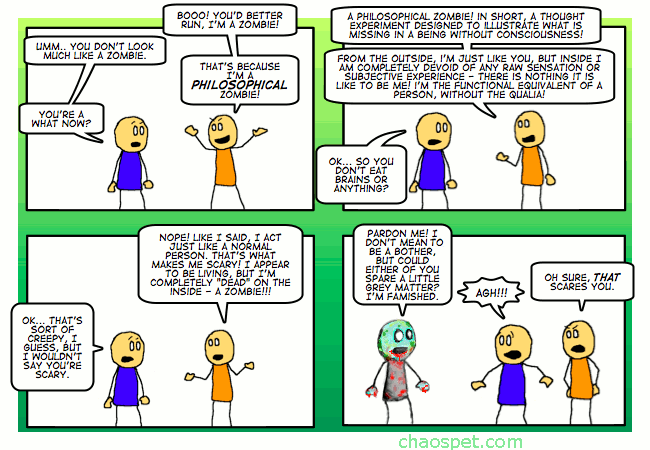At Thoughts in a Haystack, Pieret notes that Citizens For Objective Public Education, Inc. (COPE) has brought a lawsuit in Kansas to block the implementation of Next Generation Science Standards. (The whole complaint is here (PDF).) The complaint alleges that teaching evolutionary theory amounts to state endorsement of atheism, and hence is unconstitutional.
In making their case, COPE quotes this well-known passage from Lewontin’s review of Sagan’s A Demon-Haunted World:
“Our willingness to accept scientific claims that are against common sense is the key to an understanding of the real struggle between science and the supernatural. We take the side of science in spite of the patent absurdity of some of its constructs, in spite of its failure to fulfill many of its extravagant promises of health and life, in spite of the tolerance of the scientific community for unsubstantiated just-so stories, because we have a prior commitment, a commitment to materialism. It is not that the methods and institutions of science somehow compel us to accept a material explanation of the phenomenal world, but, on the contrary, that we are forced by our a priori adherence to material causes to create an apparatus of investigation and a set of concepts that produce material explanations, no matter how counter-intuitive, no matter how mystifying to the uninitiated. Moreover, that materialism is absolute, for we cannot allow a Divine Foot in the door. The eminent Kant scholar Lewis Beck used to say that anyone who could believe in God could believe in anything. To appeal to an omnipotent deity is to allow that at any moment the regularities of nature may be ruptured, that miracles may happen.”
Firstly, this passage is taken out of context; read in context, it is fairly clear that Lewontin is attributing this dogmatism to Sagan, and not endorsing it himself.

